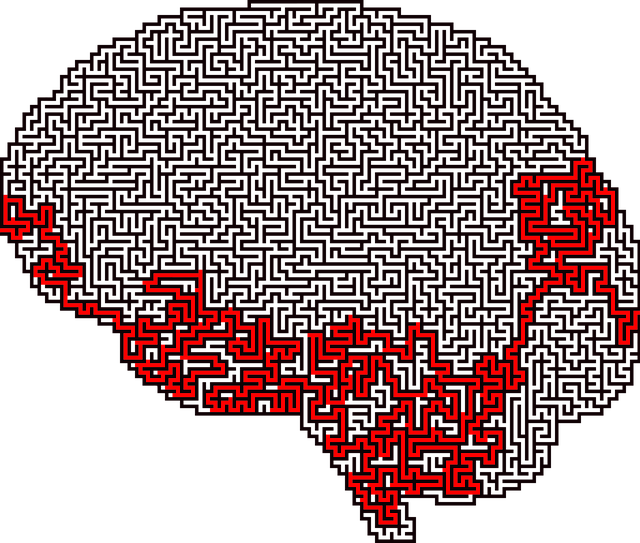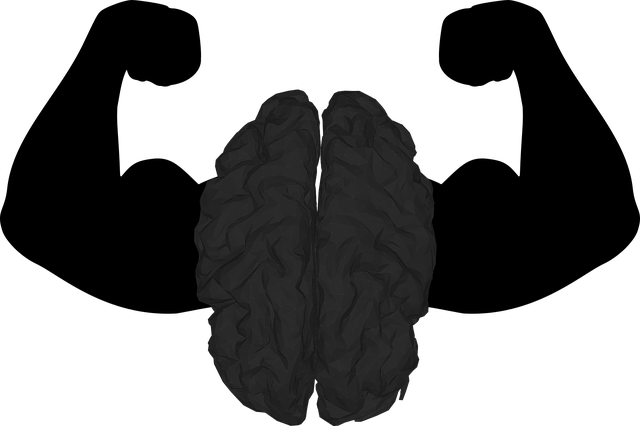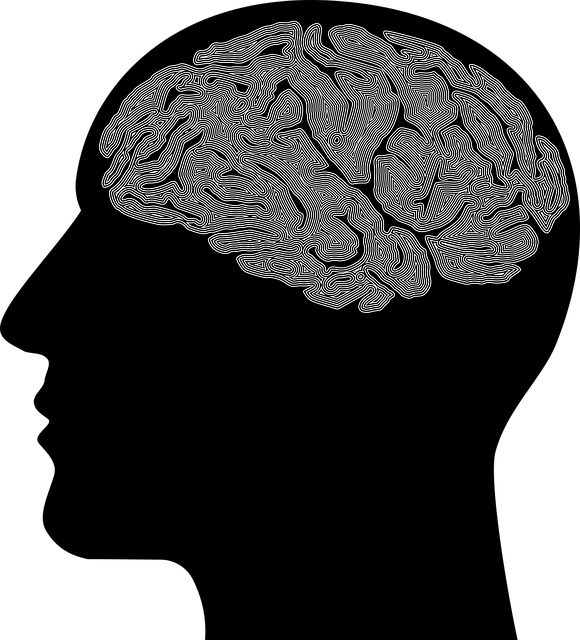Understanding mental health is key to creating supportive environments and effective educational programs that promote emotional well-being. The Parker Grief Counseling Therapy model, through diverse learning components like workshops, group discussions, and mindfulness meditation, equips individuals with emotional regulation skills, reduces stigma, and fosters open conversations about mental wellness. Strategic planning, continuous evaluation, and data-driven adjustments ensure the program's success in providing dynamic, tailored support for community emotional health needs.
“Mental health education programs play a pivotal role in fostering well-being. This article guides you through the process of creating comprehensive programs, from establishing a solid understanding of mental health issues to designing effective components and successful implementation strategies. We highlight the significance of evidence-based practices, drawing insights from Parker Grief Counseling Therapy’s approach. By exploring these key areas, this resource aims to empower educators and organizations in navigating and improving mental health education.”
- Understanding Mental Health: Creating a Foundation for Education
- Designing Effective Program Components: Strategies and Techniques
- Implementing and Evaluating: Ensuring Success and Continuous Improvement with Parker Grief Counseling Therapy
Understanding Mental Health: Creating a Foundation for Education

Understanding Mental Health is the cornerstone upon which effective education programs are built. It involves fostering a comprehensive awareness of various aspects such as emotional regulation, stress management, and common mental health conditions. This foundational knowledge empowers individuals to recognize signs of distress in themselves and others, promoting early intervention and support-seeking behaviors. By integrating these concepts into educational curricula, schools, workplaces, and communities can cultivate an environment that prioritizes emotional well-being promotion techniques and encourages open conversations about mental health.
A structured approach, such as the Parker Grief Counseling Therapy model, can serve as a valuable framework for designing engaging and impactful programs. This model emphasizes the importance of tailored interventions to address unique challenges. Incorporating evidence-based strategies alongside real-life examples can make mental health education relatable and accessible. Furthermore, Public Awareness Campaigns Development centered around these themes can dispel myths, reduce stigma, and boost confidence in managing one’s emotional health.
Designing Effective Program Components: Strategies and Techniques

When designing a mental health education program like Parker Grief Counseling Therapy, it’s essential to incorporate effective components that cater to diverse learning styles and emotional needs. Engaging activities such as interactive workshops, group discussions, and guest speaker sessions can foster an inclusive environment where participants feel comfortable expressing their experiences. These strategies not only enhance knowledge but also encourage the practice of Emotional Well-being Promotion Techniques, allowing individuals to develop coping mechanisms tailored to their unique circumstances.
Integrating practices like Mindfulness Meditation and Empathy Building Strategies can significantly impact program effectiveness. Mindfulness exercises help participants cultivate present-moment awareness, reducing anxiety and stress levels. Simultaneously, empathy-building activities foster understanding and connection, encouraging compassionate interactions within the group. By combining these techniques, programs like Parker Grief Counseling Therapy can offer comprehensive support, enabling individuals to navigate their emotional journeys with enhanced resilience and self-compassion.
Implementing and Evaluating: Ensuring Success and Continuous Improvement with Parker Grief Counseling Therapy

Implementing a mental health education program like Parker Grief Counseling Therapy requires careful planning and evaluation to ensure its success and effectiveness. This therapeutic approach goes beyond traditional counseling by integrating educational components tailored to address specific mental health concerns, such as grief, stress, and trauma. By combining individual therapy sessions with group workshops and community outreach, the program aims to empower individuals with confidence-boosting strategies for mood management.
Evaluation is a crucial aspect of this process. Regular assessments help track participants’ progress, identify areas of improvement, and make necessary adjustments. This ongoing feedback loop enables the program to adapt to the evolving needs of its community, ensuring that services remain relevant and impactful. Moreover, by leveraging data from these evaluations, trauma support services can be refined to provide even better care for those dealing with complex emotional challenges.
Mental health education programs, as exemplified by Parker Grief Counseling Therapy’s approach, thrive on a robust foundation of understanding mental health and tailored, effective components. By integrating strategies that address the unique needs of diverse learners, these programs can foster significant, lasting positive outcomes. Continuous evaluation and adaptation, inspired by models like Parker’s, ensure that education remains relevant and impactful in promoting mental well-being.









